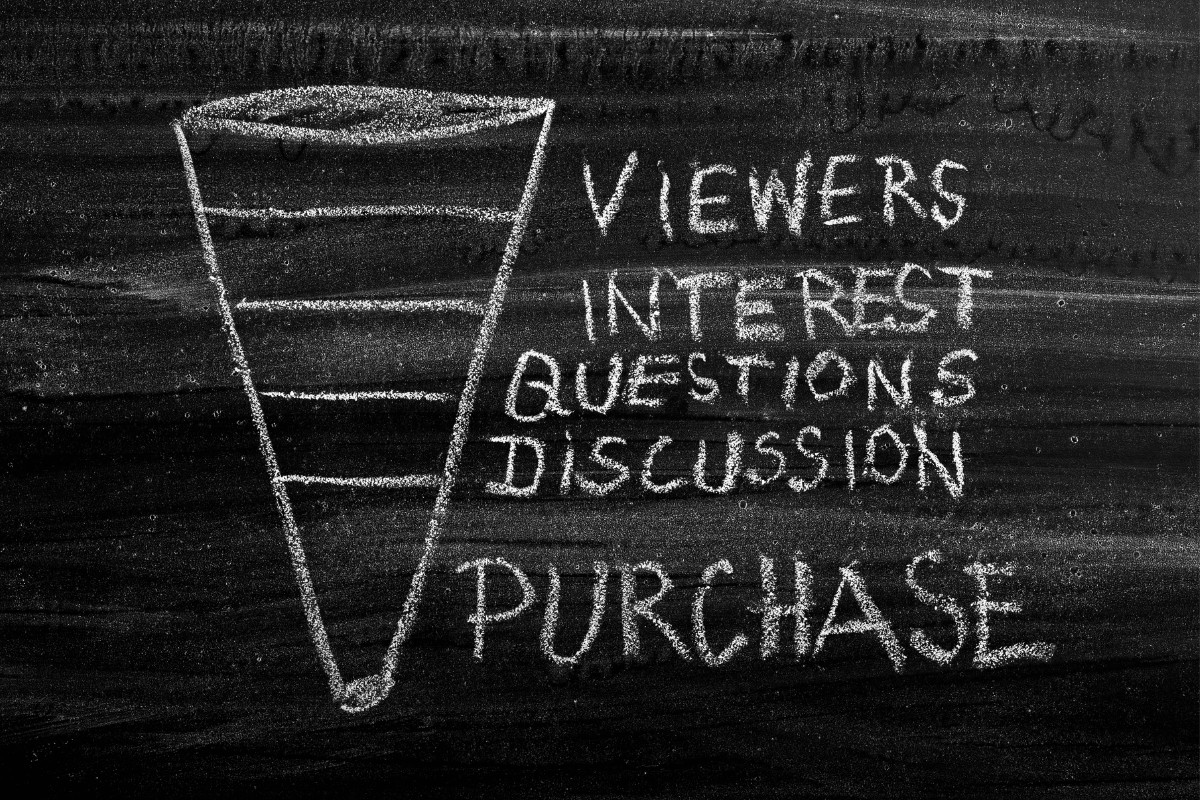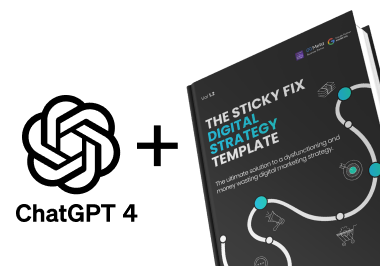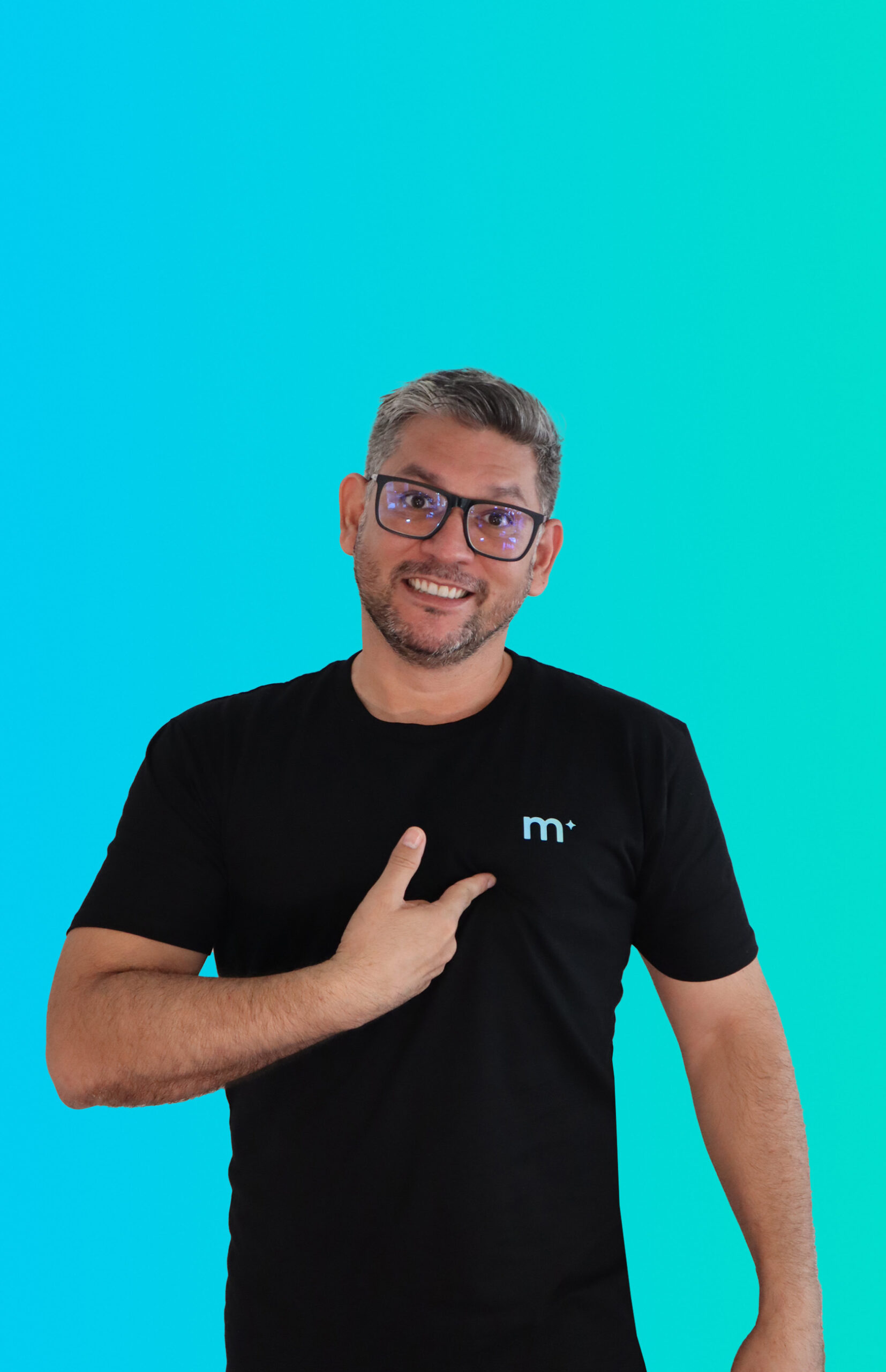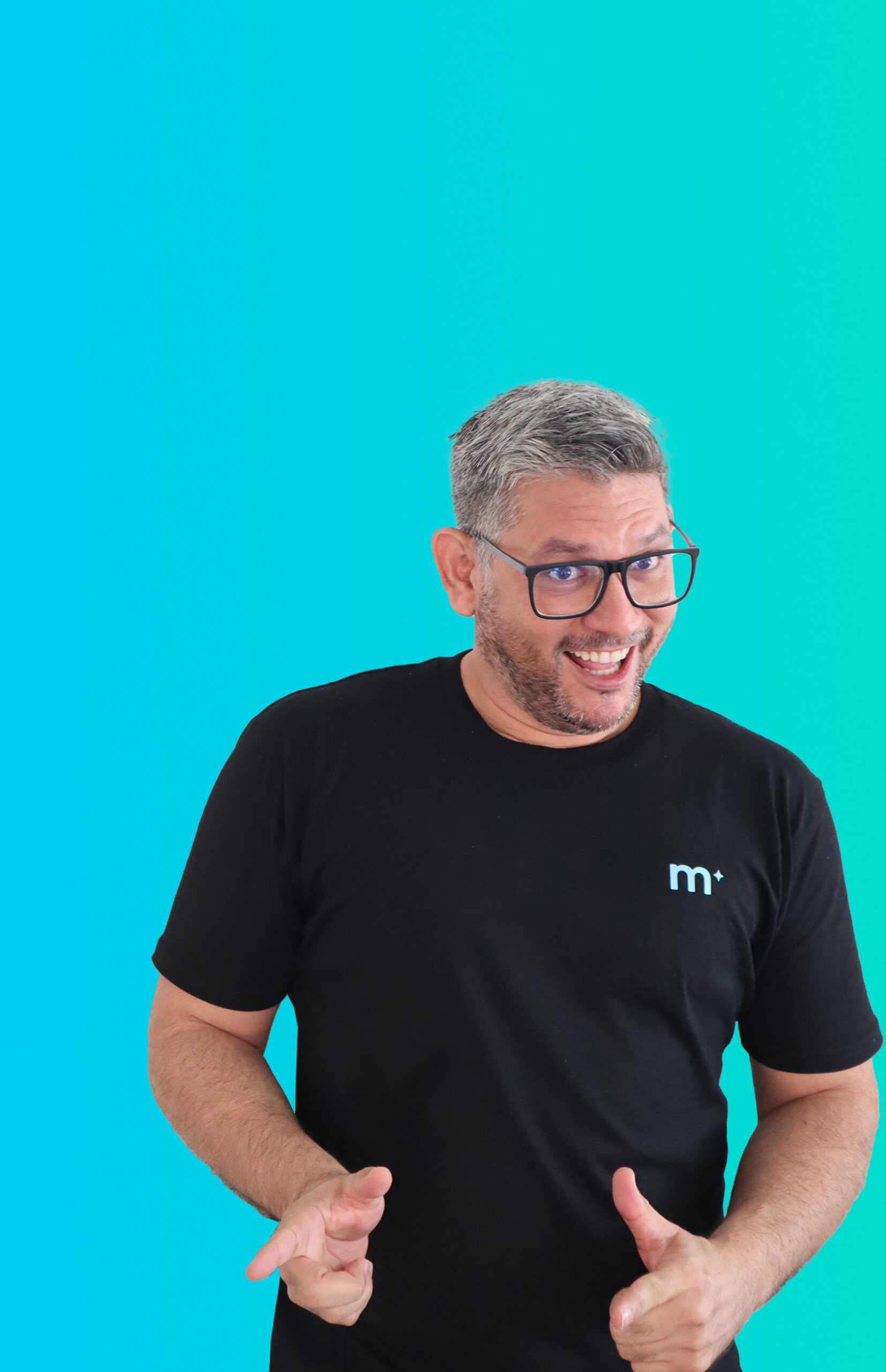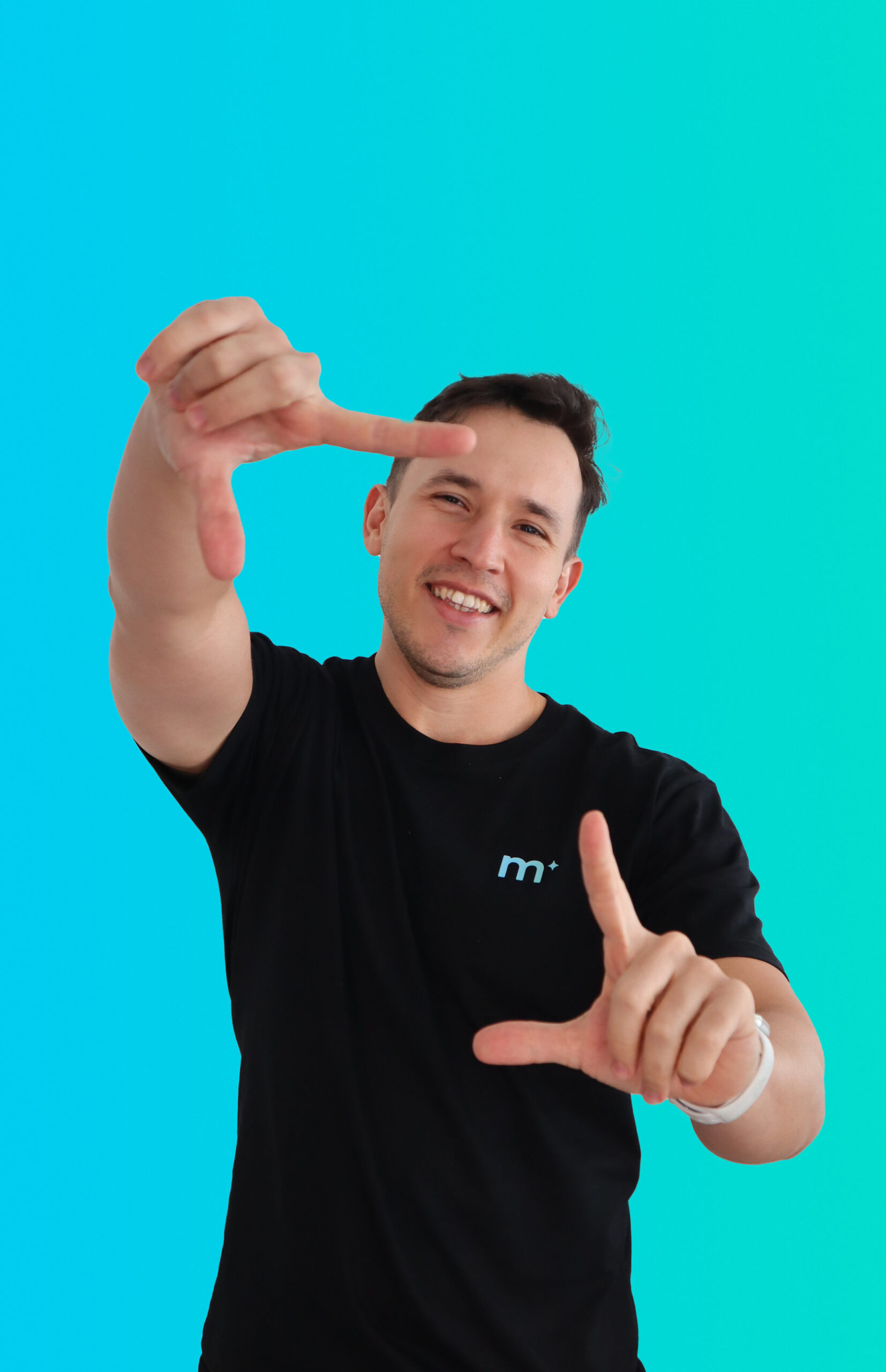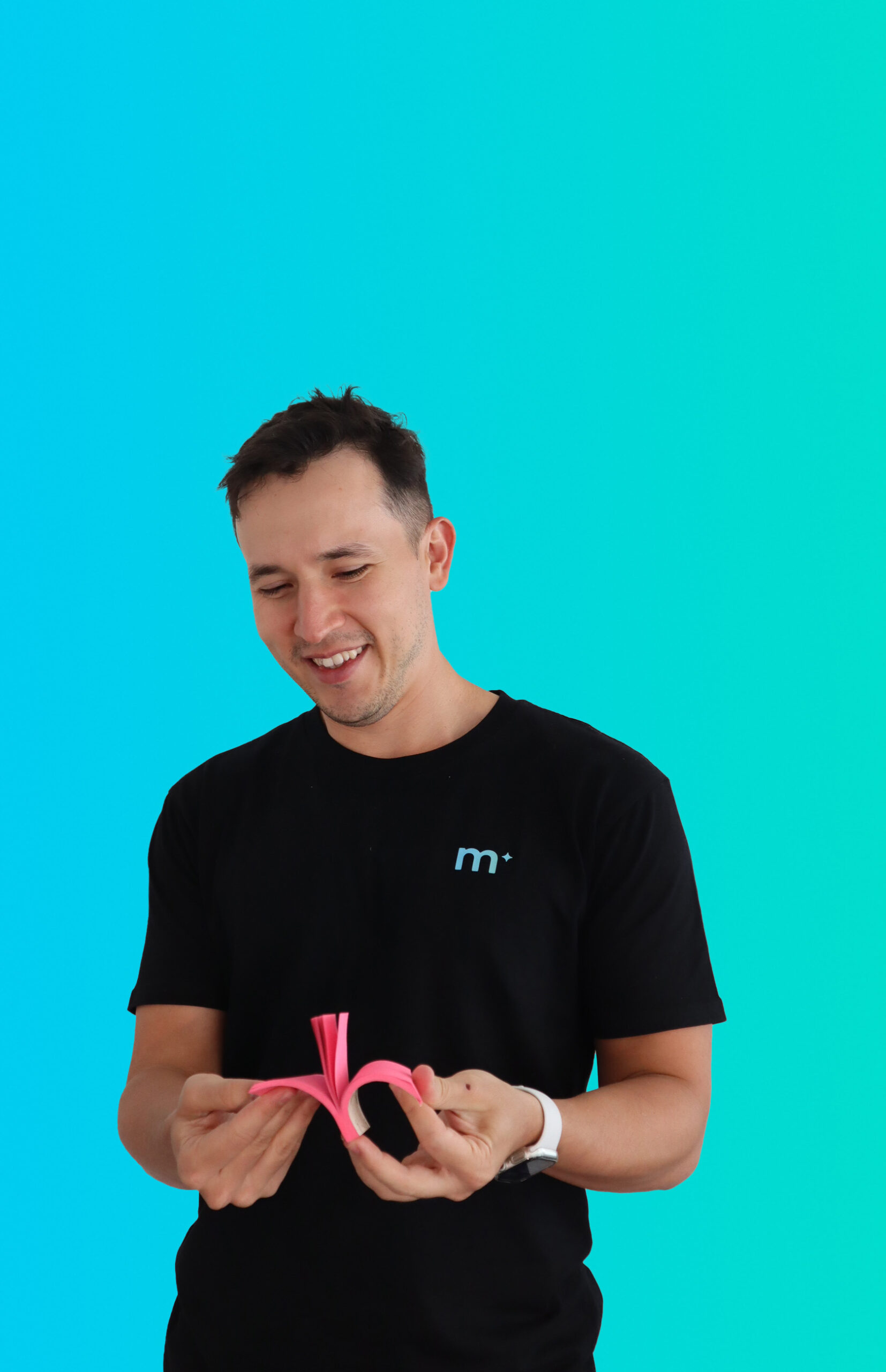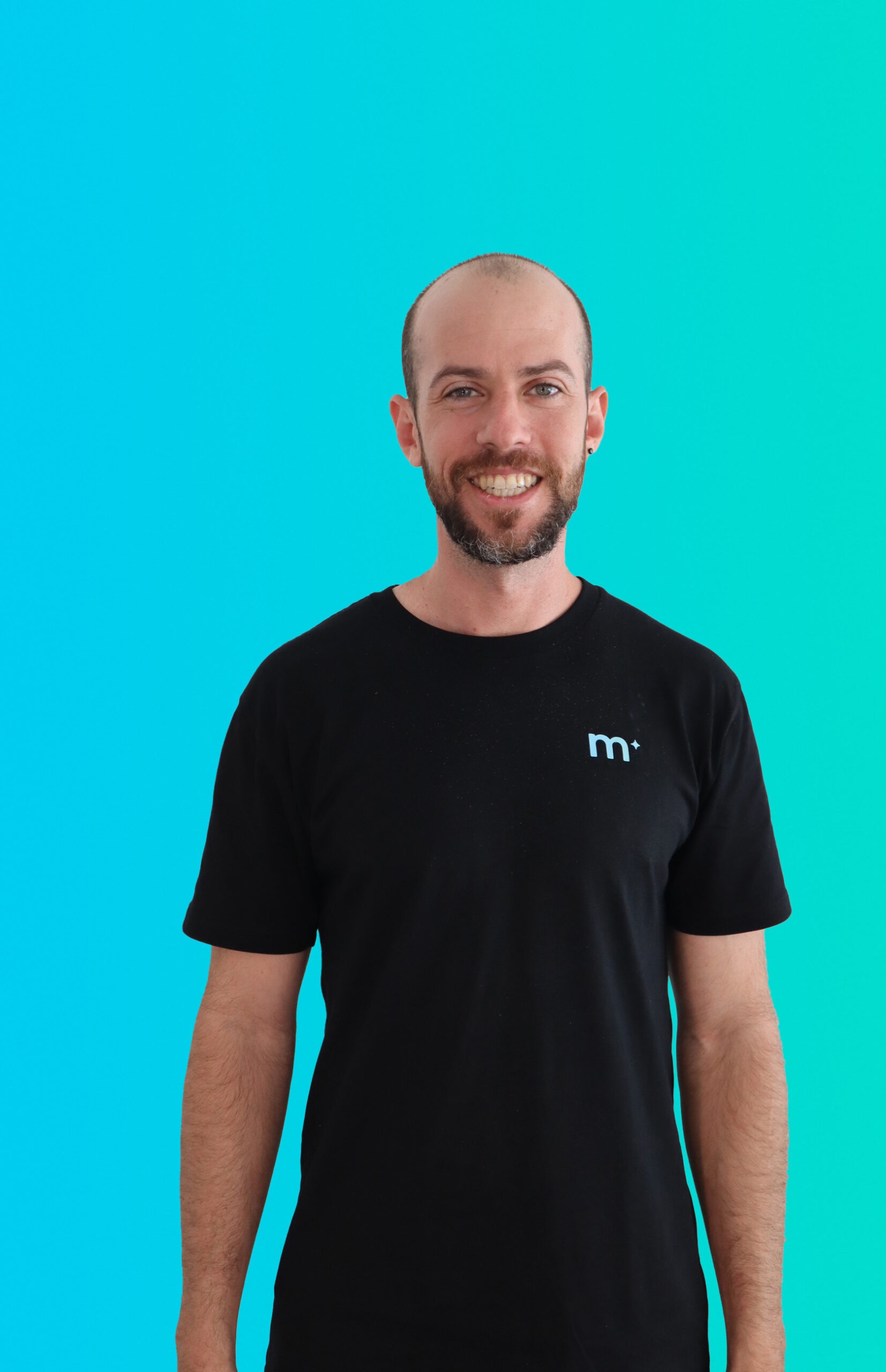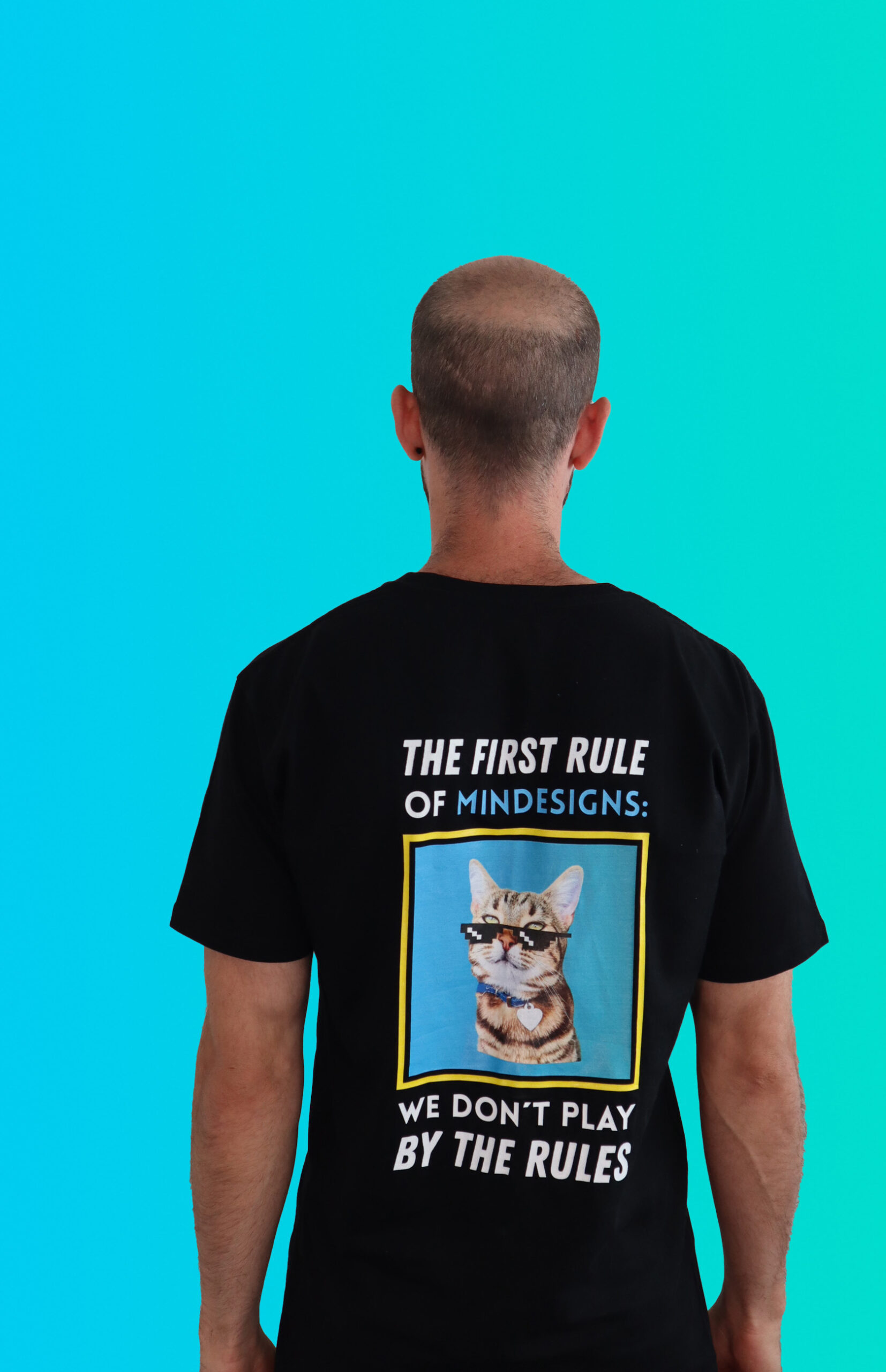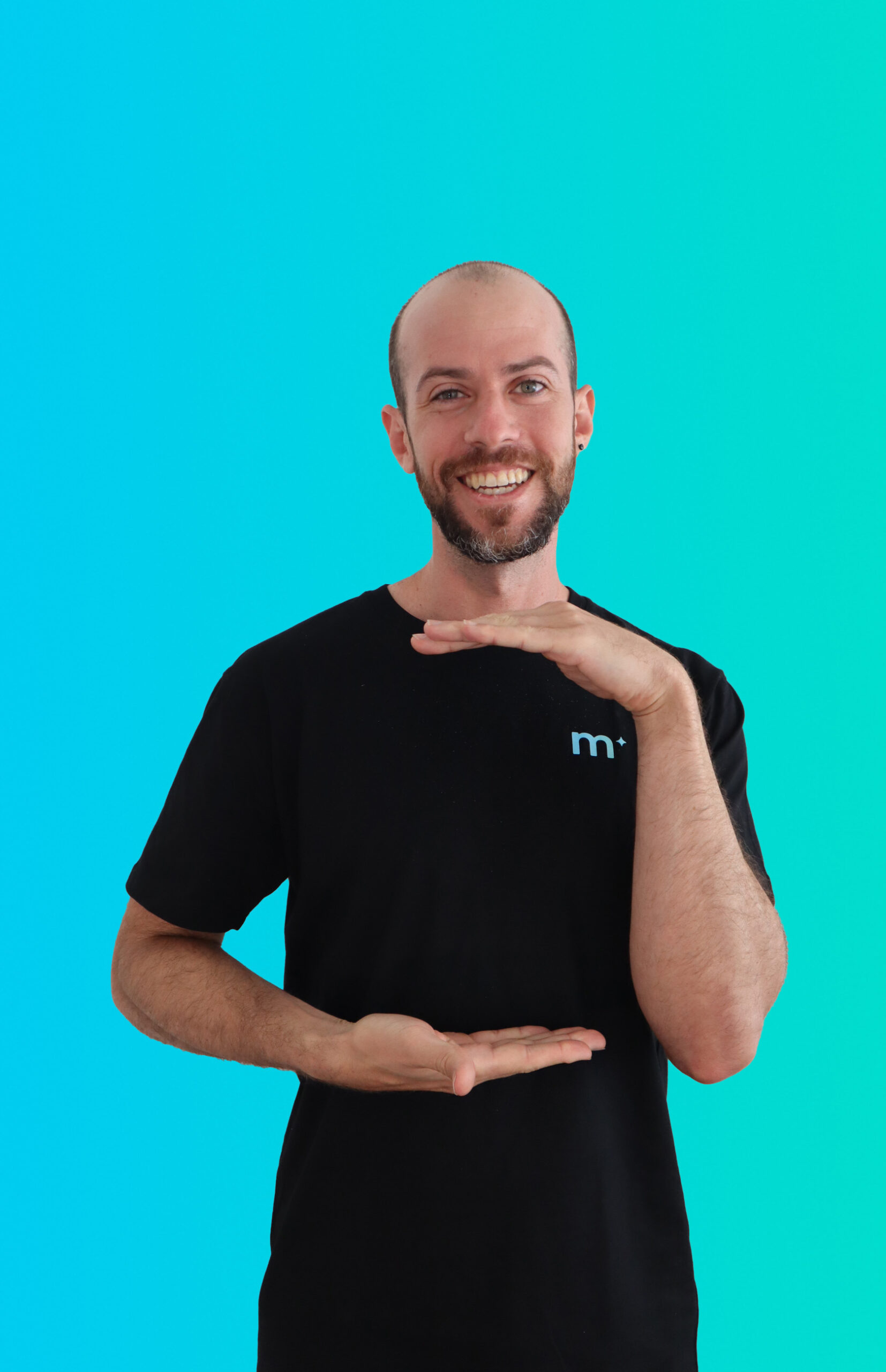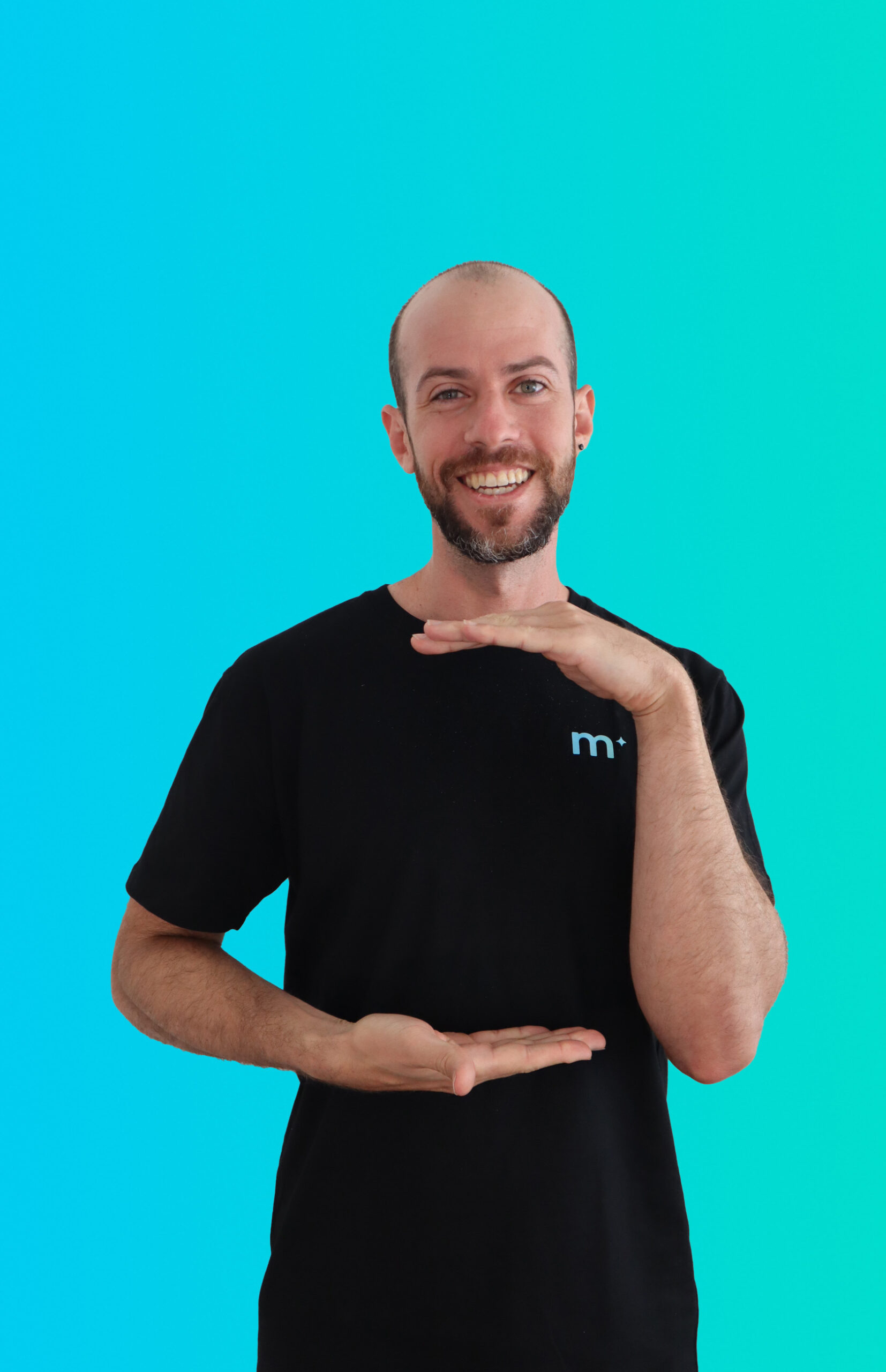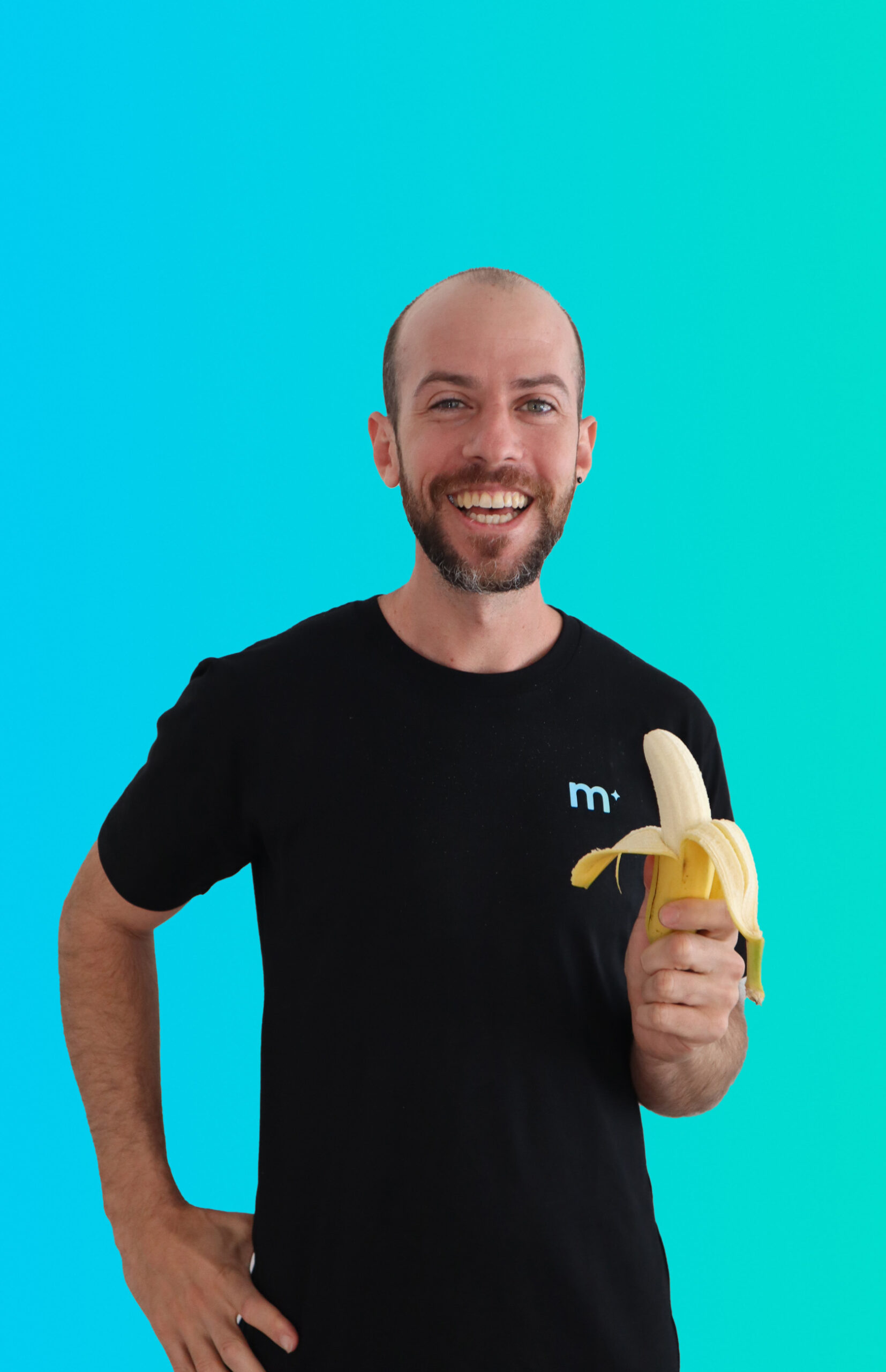Foundation of the Digital Marketing Funnel
A digital marketing funnel is a model that represents the journey potential customers go through, from first learning about a brand to making a purchase and beyond.
This journey is typically segmented into several stages, each requiring specific strategies to effectively move leads from one stage to the next, ultimately converting them into loyal customers.
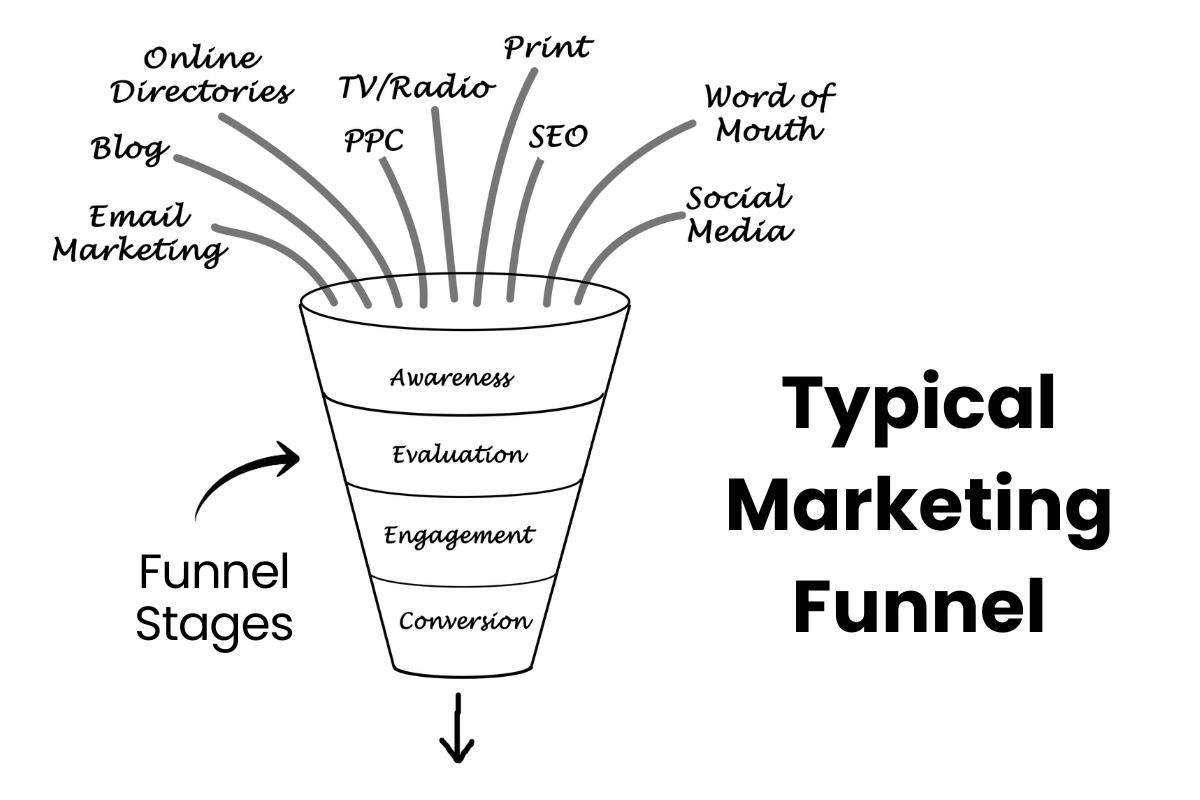
Building an effective funnel should be part of a complete digital marketing plan. We recommend using our free template, which includes all you need to build a solid plan –
- Buyer Persona
- Marketing Budget and COCA Analysis
- Core Marketing Funnel
- Marketing Channel Strategy
Stages of the Digital Marketing Funnel and Optimal Offers
The digital marketing funnel can be broken down into key stages, each aligned with tailored offers to maximise engagement and conversion:
Top of the Funnel (Awareness): This stage is about generating awareness and attracting new leads. The focus is on educational and informative content that addresses the broader needs or pain points of your target audience. Optimal offers include:
- Business Content: Articles, social media posts, podcasts, and videos that highlight your expertise and address common challenges faced by your target market.
- Lead Magnets: Free resources such as eBooks, whitepapers, or checklists that provide valuable insights in exchange for contact information.
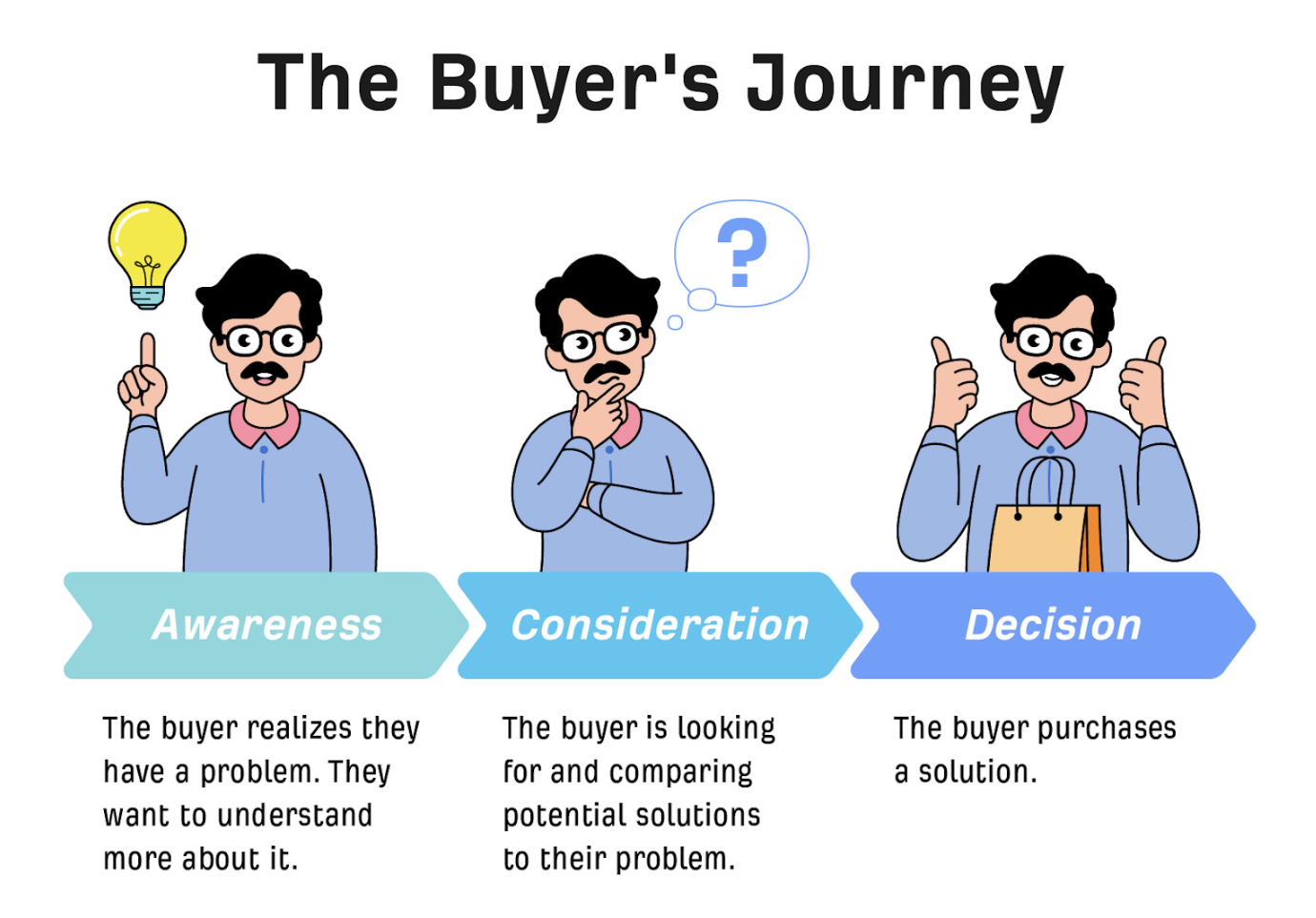
Middle of the Funnel (Consideration): Here, potential customers evaluate the solutions to their problems. Offers should educate and provide deeper insights into their specific issues.
- Deep Dive Content: Detailed case studies, webinars, and courses that showcase the effectiveness of your solutions and provide a more comprehensive understanding of how you can help.
- Foot-in-the-Door Offers: Interactive engagements like free consultations, product demos, or trial periods that allow prospects to experience your offerings firsthand.
Bottom of the Funnel (Decision): At this stage, leads are close to making a purchase decision. The offers here should be focused on closing the sale.
- Core Offers: Your main products or services that directly solve the customer’s problem. The communication should clearly articulate the benefits and return on investment.
- Personalised Consultations: Offering personalised solutions or premium packages that cater specifically to the individual needs of the prospect.
Importance of Right Message at Each Stage
Communicating the right message at each stage of the digital marketing funnel is crucial for moving leads effectively towards the purchase. This involves:
Understanding the Audience: Knowing your audience’s needs at each stage allows you to craft messages that resonate and engage.
Segmentation and Personalisation: Tailor your communications based on the behaviors and preferences of your leads to increase relevance and impact.
Consistency and Relevance: Ensure that your messages align with the interests and needs of your audience as they move through the funnel. This builds trust and helps maintain engagement.
Start by segmenting your audience into three groups: awareness, consideration, and decision stage. From this point, you want to plan your message to each of these audiences, which will help move them towards your core offer. You will find that the language you should use for each group is slightly different.

Digital Marketing Funnel Examples
Understanding how digital marketing funnels work in different scenarios can greatly enhance the effectiveness of your strategies. Here are two examples illustrating how funnels can be tailored for different purposes:
General B2B Digital Marketing Funnel Example
In a typical B2B setting, the funnel and the offers you make at each stage might look like this:
Top of the Funnel: Content aimed at generating awareness might include industry reports, blog posts about market trends, and informational webinars.
Middle of the Funnel: As potential clients show interest, more specific content like detailed case studies, white papers, and live product demos can be used to educate and nurture them.
Bottom of the Funnel: Tailored proposals, free trial periods, and direct consultations are used to convert these well-nurtured leads into customers.
This approach focuses on educating the customer and slowly building trust through a series of informational and interactive content, appropriate for industries where the sales cycles are longer and decisions are highly consultative.
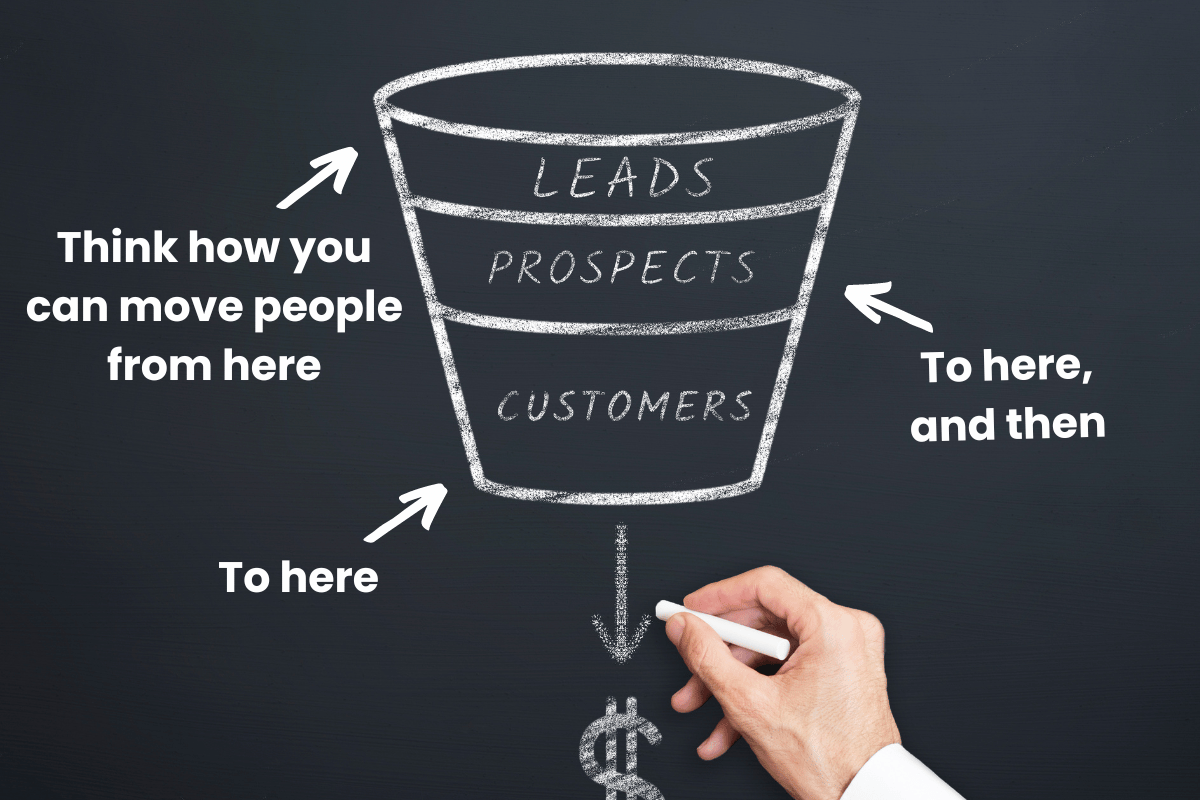
E-commerce Digital Marketing Funnel
For e-commerce, the funnel offers are designed to quickly convert interest into sales:
Top of the Funnel: Social media campaigns, influencer partnerships, and SEO-optimised content aim to attract a broad audience to the store.
Middle of the Funnel: Targeted email campaigns, retargeting ads, and personalised product recommendations keep potential customers engaged by highlighting products they’ve shown interest in or added to their cart.
Bottom of the Funnel: Flash sales, limited-time discount codes, and compelling product descriptions encourage quick decision-making and purchase.
E-commerce funnels benefit from being highly actionable and conversion-focused, leveraging both urgency and personalisation to drive sales.
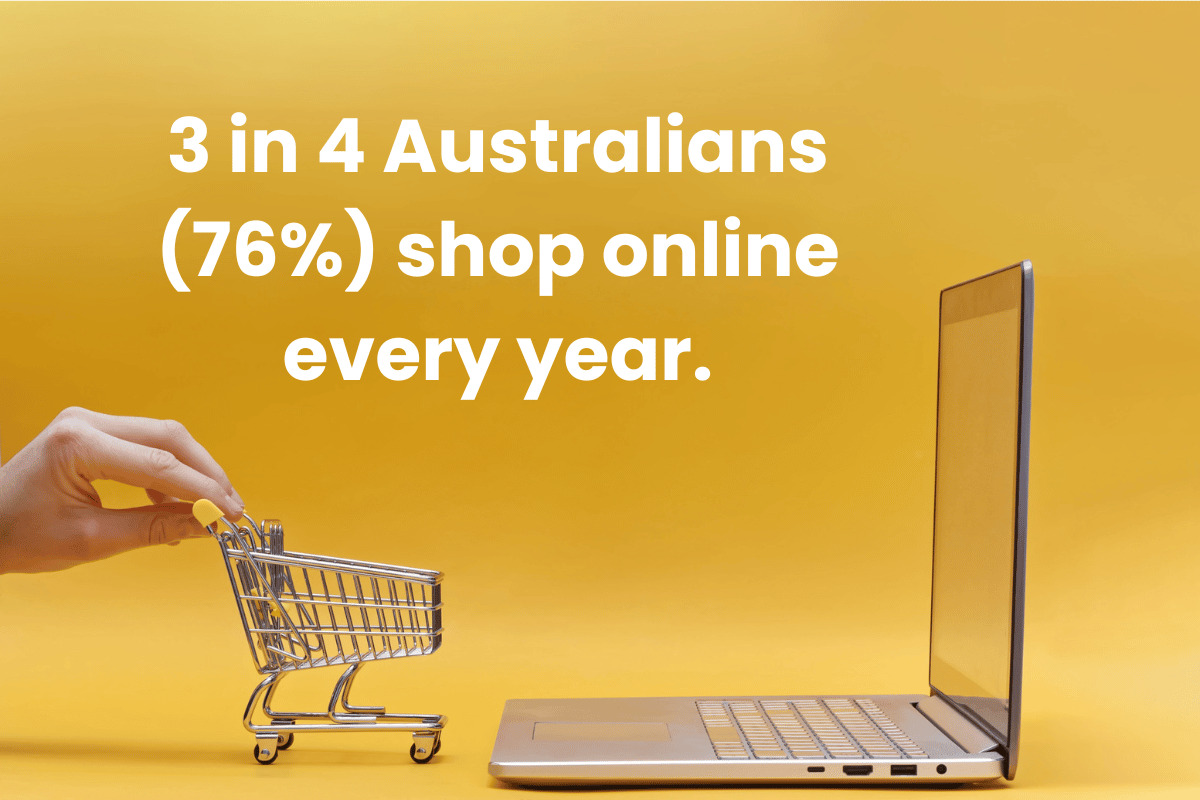
E-commerce Digital Marketing Funnel: An In-depth Look
In the e-commerce sector, the digital marketing funnel is critical for navigating the competitive landscape and maximising conversion rates.
Here’s a deeper look at how e-commerce businesses can structure their funnel:
Awareness: At this initial stage, it’s all about visibility. Using SEO strategies, PPC campaigns, and social media advertising can draw attention to your brand. Engaging, shareable content that highlights your unique selling propositions is crucial.
Interest: Once potential customers are aware of your brand, stimulate their interest with dynamic retargeting ads that remind them of the products they viewed but didn’t purchase, and send out personalised email newsletters that suggest products based on their browsing history.
Desire: Enhance their desire by showcasing product benefits through high-quality images, detailed descriptions, and customer testimonials. Use social proof and limited-time offers to create a sense of urgency.
Action: Drive conversions with a streamlined checkout process, multiple payment options, and compelling calls-to-action. Post-purchase, encourage customers to leave reviews and share their purchases on social media.
Conclusion
Implementing a well-structured digital marketing funnel with strategic offers at each stage enhances your marketing efforts by providing targeted interventions that are appropriate for the level of familiarity and engagement of your prospects. By aligning your messages with the specific needs and stages of your target audience, you create a more efficient pathway towards conversion and customer loyalty.
